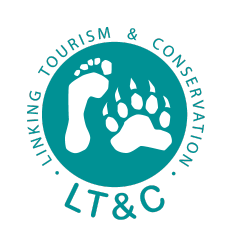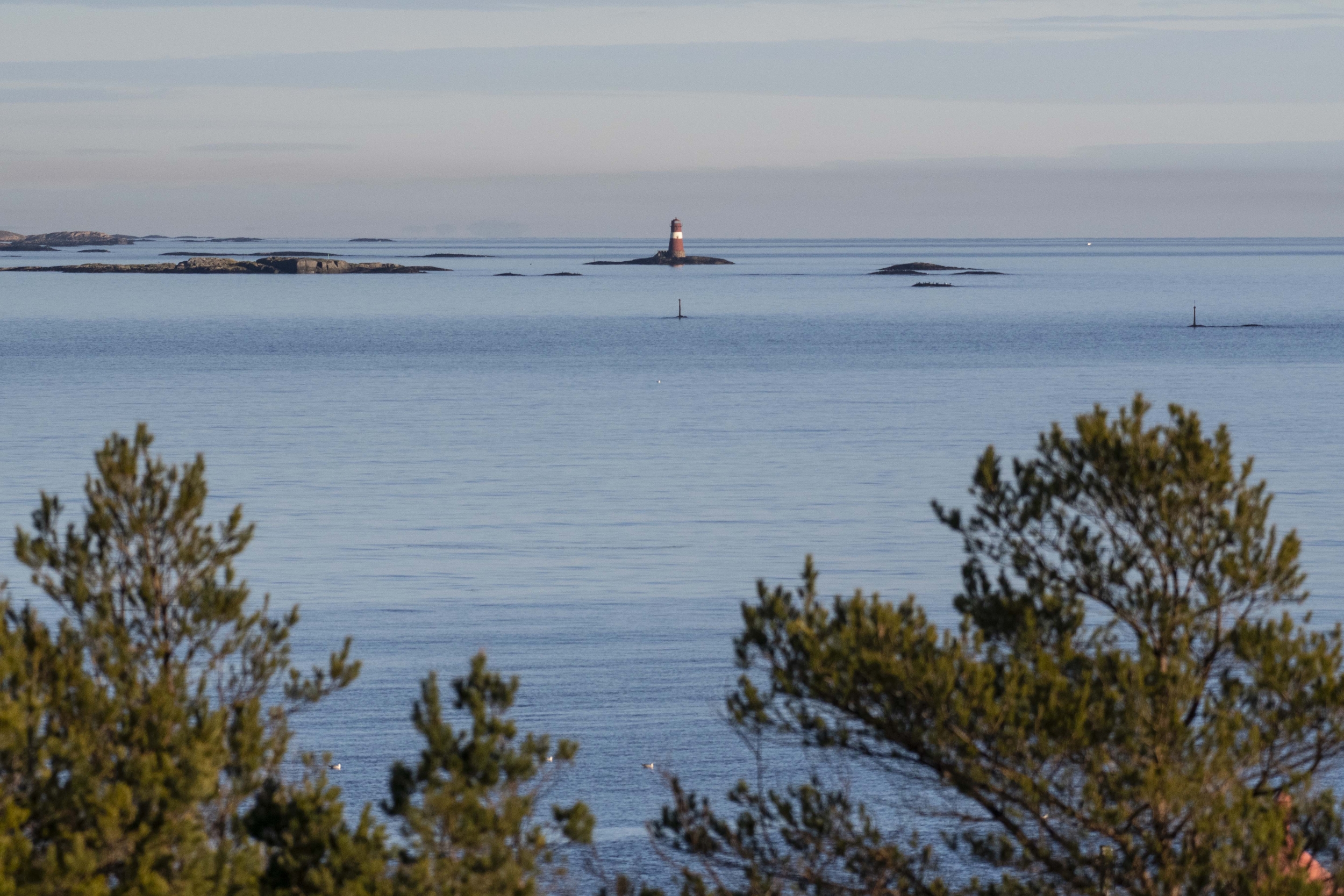There is a hot debate in Arendal about the future development of the Hove camping or “glamping” site on the island of Tromøy in an area directly surrounded by Raet national park. Arendal municipality has meanwhile decided to develop a special “regional plan” for the sensitive area. The good thing about the present controversial discussion is that many are wishing better preservation of the natural and recreational values of the area bordering Raet national park. Hopefully, the outcome of Arendal’s decisions is, to minimize the area covered in the future with any permanent physical structures.
However, the discussion should be used to achieve more consensus and support for the future development of Raet national park. Ideally, the park once will reach international standards, which is not the case today. The present slogan of “conservation through use” in this context is not helpful. At least one needs to define what kind of use and where. Key measures to reach internally defined standards of a national park would be:
- At least half the marine area to be protected by establishing “no-fishing” zones (the existing model of the Marine Research Institute’s local small lobster research reserves demonstrate the value for the marine creatures as well as for the surrounding fishery, and the present closure of areas for all fishing because of overfishing the local cod-population sends another message in the same direction…).
- Create a rare Norwegian case, where no hunting of birds and mammals is taking place in a national park anymore (would achieve the commonly known “national park effect” that wildlife populations increase their territory and are closer to experience for visitors)
. Develop specific national park regulations for boat traffic, which includes undisturbed or silent zones and focus on non-fossil fuel motorized types of boats in order to provide better conditions to experience the nature or wildlife of the park.
This year a survey is planned for developing a visitor strategy for the national park. Many of the local stakeholders will be interviewed in order to provide good ideas and recommendations. Only very few of them are representing conservation organizations. Therefore it will be even more important that those involved and interested in nature-based tourism will support measures as above in order to benefit from that kind of tourists,
[metaslider id=4553]



